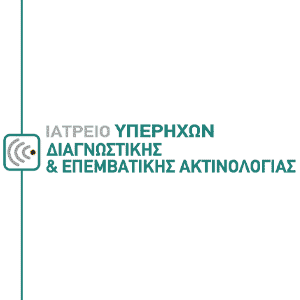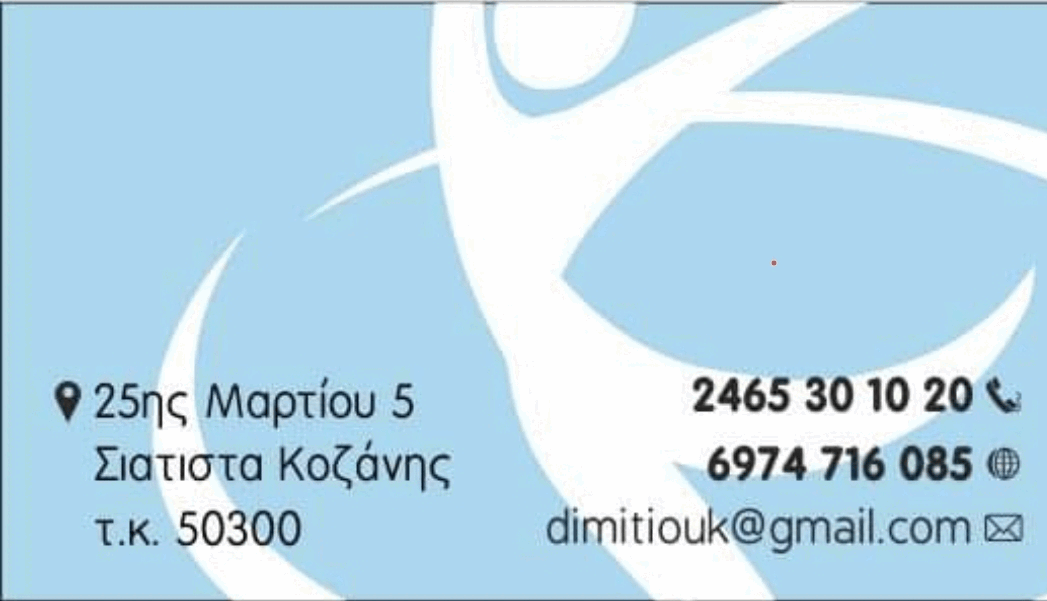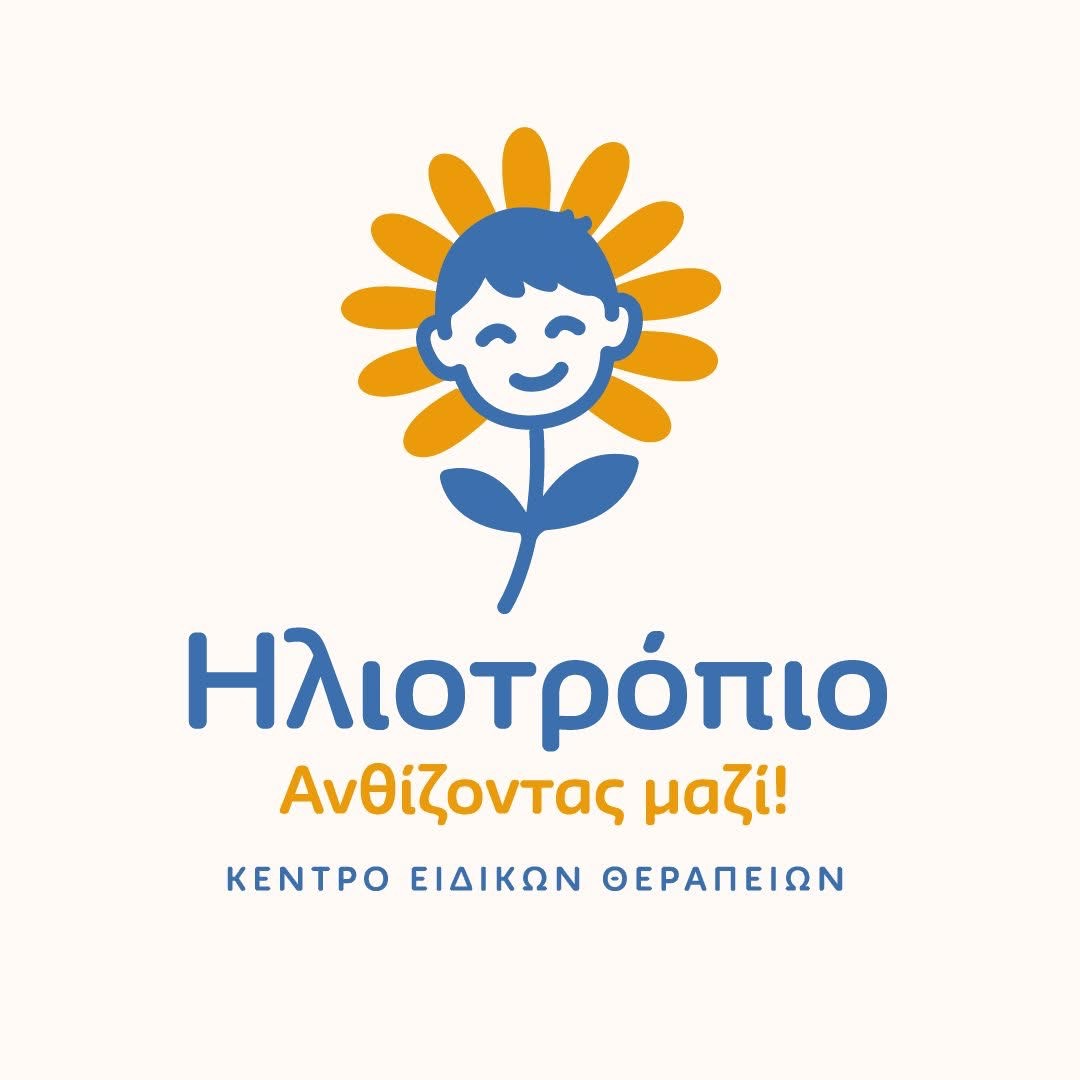Ποιος θα μπορούσε να αρνηθεί ότι στην εποχή μας το διαδίκτυο αποτελεί βασικό μέσο εκπαίδευσης, επικοινωνίας και ψυχαγωγίας για ένα παιδί από πολύ μικρή ηλικία;
Ο υπολογιστής, το tablet και το smartphone είναι για τους γονείς ταυτόχρονα σύμμαχος και εν δυνάμει «εχθρός», καθώς το σερφάρισμα στο αχανές διαδίκτυο κρύβει ευχάριστες εκπλήξεις άλλα και αμέτρητους κινδύνους.
Αρκεί να αναλογιστούμε πως σύμφωνα με έρευνα που διενεργήθηκε σε 14.000 μαθητές ηλικίας 10-17 ετών το Νοέμβριο και Δεκέμβριο του 2018 προέκυψε ότι το 83% πλοηγείται στο διαδίκτυο χωρίς γονική επίβλεψη, ενώ το 61% απάντησε ότι έχει δει βίαιο ή σεξουαλικό περιεχόμενο και το 26% έχει υποστεί διαδικτυακή παρενόχληση. Πλέον, κανείς δεν μπορεί να αρνηθεί ότι ο κυβερνοεκφοβισμός (cyberbullying) είναι μια πραγματικότητα και αποτελεί ένα ιδιαίτερα σοβαρό πρόβλημα που δεν μπορούμε να αγνοούμε.
Κάπου εδώ, λοιπόν, τίθεται το ερώτημα:
Πώς μπορούμε να προστατεύσουμε το παιδί μας από τις «κακοτοπιές» του internet χωρίς παράλληλα να εμποδίζουμε την πλοήγησή του σε αυτό;
Σ’ αυτήν ακριβώς την κατεύθυνση είναι στραμμένο το ενδιαφέρον της Ευρωπαϊκής Επιτροπής, η οποία στο πλαίσιο του προγράμματος «Ευρωπαϊκή Στρατηγική για ένα Καλύτερο Διαδίκτυο για Παιδιά» χρηματοδοτεί ένα σύνολο διαφορετικών έργων και δράσεων προκειμένου να δημιουργήσουμε μαζί ένα καλύτερο διαδίκτυο για όλους μας.
Τι μπορούμε να κάνουμε για να δημιουργήσουμε ένα ασφαλέστερο διαδίκτυο;
1. Η ΕΕ και η πλατφόρμα SaferInternet4Kids
Το SaferInternet4Kids.gr είναι ένα έργο που χρηματοδοτείται από το πρόγραμμα Connecting Europe της Ευρωπαϊκής Επιτροπής και έχει δημιουργηθεί από το Ελληνικό Κέντρο Ασφαλούς Διαδικτύου του Ιδρύματος Τεχνολογίας και Έρευνας (ΙΤΕ), επίσημο εκπρόσωπο στην Ελλάδα του INSAFE, Ευρωπαϊκού Δικτύου Πληροφόρησης για το Ασφαλές Διαδίκτυο και του INHOPE (International Association of Internet Hotlines), τα οποία χαράσσουν την ευρωπαϊκή στρατηγική για ένα ασφαλές και ποιοτικό διαδίκτυο. Η πλατφόρμα απευθύνεται σε γονείς, εκπαιδευτικούς, εφήβους και παιδιά. Τα παιδιά και οι έφηβοι μπορούν να ενημερωθούν για την ασφαλή τους πλοήγηση στο διαδίκτυο με ευχάριστο και διαδραστικό τρόπο, δηλαδή μέσω παρουσιάσεων, επιμορφωτικών video, quiz και παιχνιδιών. Όσον αφορά σε εμάς τους γονείς και τους εκπαιδευτικούς υπάρχει, επίσης, διαθέσιμο υλικό για τον τρόπο αντιμετώπισης περιπτώσεων online παρενόχλησης, εκφοβισμού (bullying) ή παραπληροφόρησης (fake news), καθώς επίσης και για την ανάπτυξη ψηφιακών δεξιοτήτων στα παιδιά.
2. Βάζουμε όρια στην πλοήγηση από νωρίς
Μεταξύ 2- 4 ετών, η επαφή των παιδιών με το διαδίκτυο θα πρέπει να είναι ελάχιστη και επιλεκτική και πάντα υπό την επίβλεψή μας. Σε μεγαλύτερα παιδιά τα όρια και οι κανόνες στη χρήση του κινητού, του tablet ή του υπολογιστή κρίνονται απαραίτητα, έτσι ώστε το παιδί να μάθει να ισορροπεί μεταξύ ψηφιακής και πραγματικής ζωής. Η γονική επίβλεψη δεν πρέπει να σταματά ποτέ, αλλά να προσαρμόζεται ανάλογα με την ηλικία του παιδιού. Όσο μεγαλώνει το παιδί ο έλεγχος των γονιών είναι καλό να γίνεται πιο διακριτικά, έτσι ώστε να αποφεύγονται οι συγκρούσεις.
3. Ενημερωνόμαστε για το διαδίκτυο και δεν υποτιμάμε τους πιθανούς κινδύνους που μπορεί να συναντήσει ένα παιδί…
…και έτσι είμαστε σε θέση να το συμβουλεύουμε και να το επιβλέπουμε αποτελεσματικά. Μπορούμε για παράδειγμα να παίξουμε με το παιδί μας ένα βιντεοπαιχνίδι ή να εξερευνήσουμε gaming apps, να ψάξουμε μαζί πληροφορίες για ένα θέμα που το ενδιαφέρει, να του προτείνουμε κάτι που ανακαλύψαμε. Μ’ αυτόν τον τρόπο λαμβάνουμε περισσότερες πληροφορίες σχετικά με τις ασχολίες του παιδιού και, τελικά, ερχόμαστε ακόμα πιο κοντά του.
Μπορούμε να ενημερωθούμε για ό,τι μας απασχολεί μέσω της συμβουλευτικής γραμμής βοήθειας (Ηelpline), διαθέσιμη τηλεφωνικά στο 210-6007686, όπου εξειδικευμένοι ψυχολόγοι παρέχουν υποστήριξη και συμβουλές για θέματα που σχετίζονται με την υπερβολική ενασχόληση στο διαδίκτυο, το διαδικτυακό εκφοβισμό, την έκθεση σε ακατάλληλο περιεχόμενο και άλλους προβληματισμούς σχετικά με τη χρήση του διαδικτύου, του κινητού τηλεφώνου και των διαδικτυακών παιχνιδιών.
4. Συζητάμε για το Ιnternet με το παιδί τονίζοντας όλες τις προκλήσεις αλλά και τους κινδύνους που κρύβει.
Μπορούμε να κάνουμε τη συζήτηση πιο ενδιαφέρουσα και πιο διαδραστική διαβάζοντας στο παιδί μας ένα σχετικό βιβλίο ή βλέποντας μαζί του ένα βίντεο. Από την ιστοσελίδα SaferInternet4Kids.gr μπορούμε να κατεβάσετε το e-book «Η μεγάλη απόφαση του @παπάκη», ένα εκπαιδευτικό βιβλίο για μικρά παιδιά που αναφέρεται στα συναισθήματα των παιδιών στο διαδίκτυο, ή να παρακολουθήσετε μαζί το animated video «Εκφοβισμός στο διαδίκτυο με την Αθηνά και τον Ερμή».
5. Τέλος κάνουμε και μερικά πιο πρακτικά πράγματα
Δεδομένου ότι τα παιδιά κάνουν χρήση των κοινωνικών δικτύων σε όλο και μικρότερη ηλικία, ανοίγοντας πολλές φορές προφίλ και δηλώνοντας ψευδή ηλικία, εν αγνοία των γονιών τους, μπορούμε να τοποθετήσουμε τον υπολογιστή μας σε ένα μέρος του σπιτιού, όπως το σαλόνι και όχι σε απομονωμένους χώρους όπως το υπνοδωμάτιο του παιδιού, ώστε να έχουμε τον έλεγχο. Είναι απαραίτητο επίσης να εγκαταστήσουμε στον υπολογιστή μας ένα λογισμικό φίλτρο που απαγορεύει την προσπέλαση σε ανάρμοστες ιστοσελίδες του Διαδικτύου.
Επιπλέον, μέσω της Ανοιχτής Γραμμής Καταγγελιών για το παράνομο περιεχόμενο του διαδικτύου SafeLine που συνεργάζεται τόσο με την Ελληνική αστυνομία όσο και με την INTERPOL, μέσω του Ευρωπαϊκού οργανισμού INHOPE, μπορούμε να κάνουμε καταγγελίες για παιδική κακοποίηση και παράνομη χρήση του διαδικτύου.
Η Ευρωπαϊκή Επιτροπή και η καθοριστική συμβολή της
Όλα τα παραπάνω και πολλά ακόμη έργα δεν θα ήταν διαθέσιμα σήμερα χωρίς την υποστήριξη της Ευρωπαϊκής Ένωσης. Η χρηματοδότηση που παρέχεται από το εργαλείο Connecting Europe Facility (CEF) και συγκεκριμένα το πρόγραμμα «Ευρωπαϊκή Στρατηγική για ένα Καλύτερο Διαδίκτυο για Παιδιά» είναι καθοριστική για το μέλλον του διαδικτύου εντός και εκτός συνόρων.
Μέσω των πολυάριθμων χρηματοδοτικών και επενδυτικών εργαλείων, η ΕΕ στοχεύει στην ενίσχυση της ανάπτυξης, τη δημιουργία θέσεων εργασίας και τη περαιτέρω ανάδειξη σημαντικών ιδιωτικών και δημόσιων έργων, όπως είναι το SaferInternet4kids.gr. Με τις επενδυτικές επιλογές που προσφέρει, η ΕΕ βελτιώνει την καθημερινότητά μας και εξασφαλίζει καλύτερη ποιότητα ζωής για όλους.
Το SaferInternet4kids.gr, το οποίο μετρά ήδη 3 χρόνια συνεχούς παρουσίας στο πλευρό των μαθητών, των γονιών και των εκπαιδευτικών, και πρόσφατα πήρε την έγκριση του Υπουργείου Υγείας και Θρησκευμάτων, συνεχίζει τη σημαντική δράση του με τη βοήθεια στήριξης από την ΕΕ και το Connecting Europe Facility, φιλοδοξώντας να βρίσκεται πάντα στο πλευρό των παιδιών, μιλώντας μαζί τους την ίδια γλώσσα και δίνοντάς τους τις συμβουλές και τις κατευθύνσεις που έχουν ανάγκη.
Μπορείτε να δείτε περισσότερα στην ιστοσελίδα του #InvestEU, στην ιστοσελίδα της Ευρωπαϊκής Επιτροπής και στην ιστοσελίδα του SaferInternet4kids.gr.
Facebook: @EURepresentationGreece @SaferInternet4kids
Instagram: @ee_athina
Πηγή:themamagers.gr




























